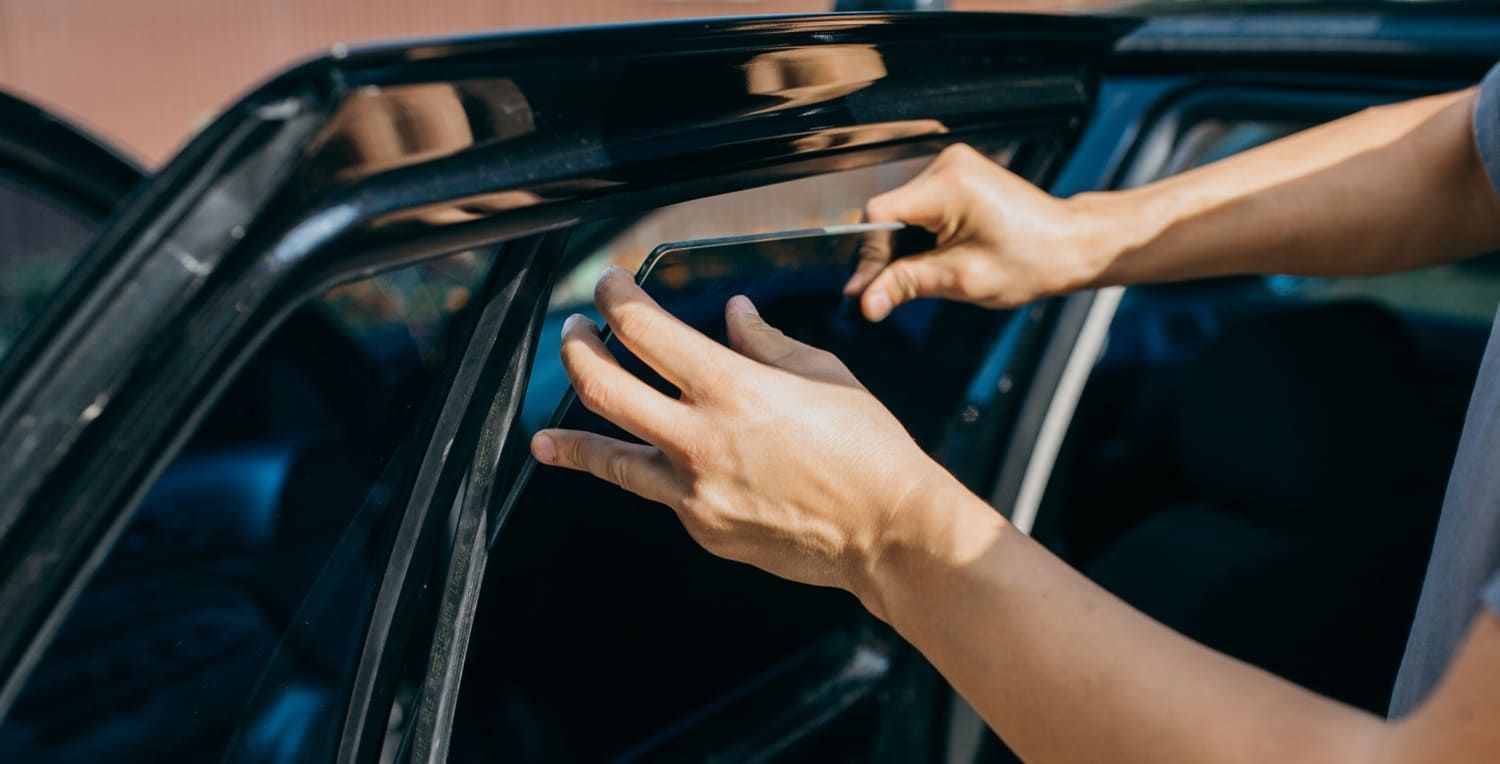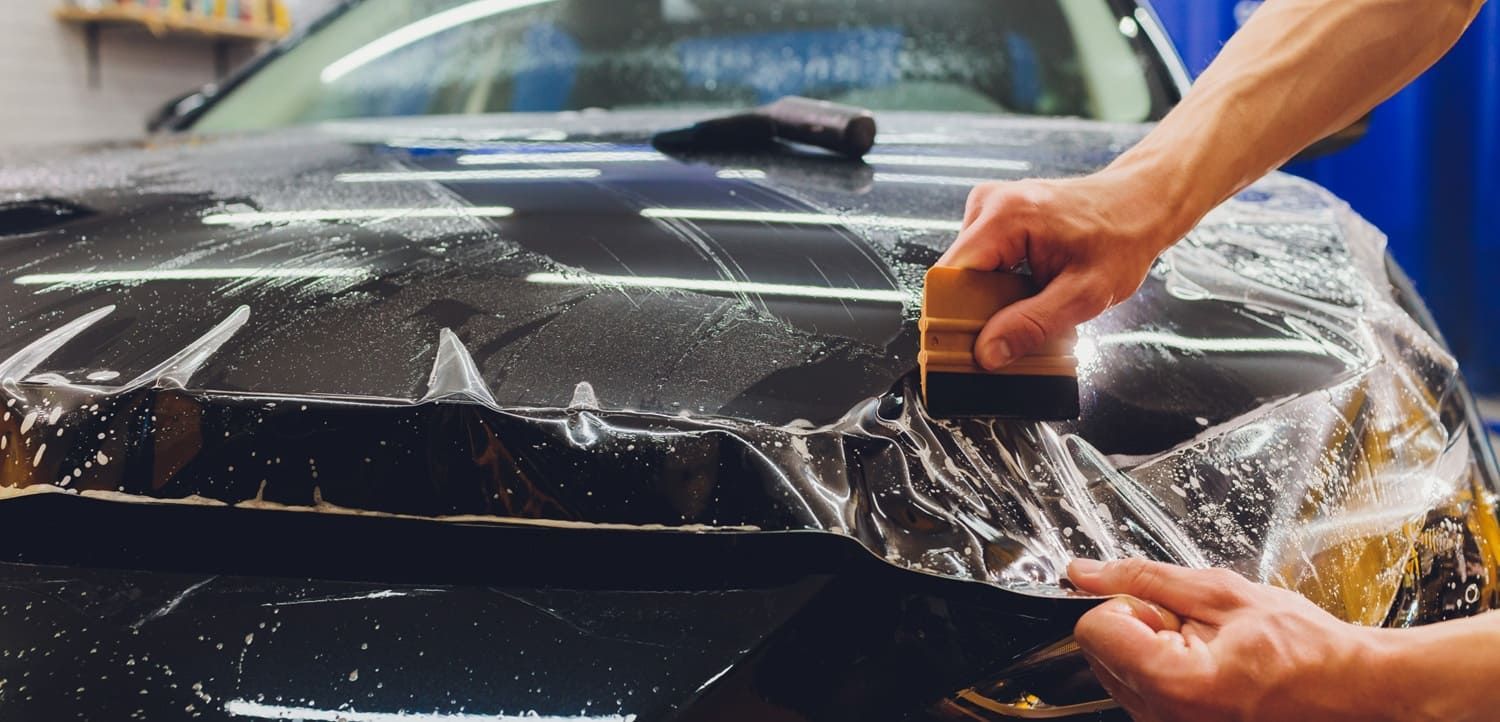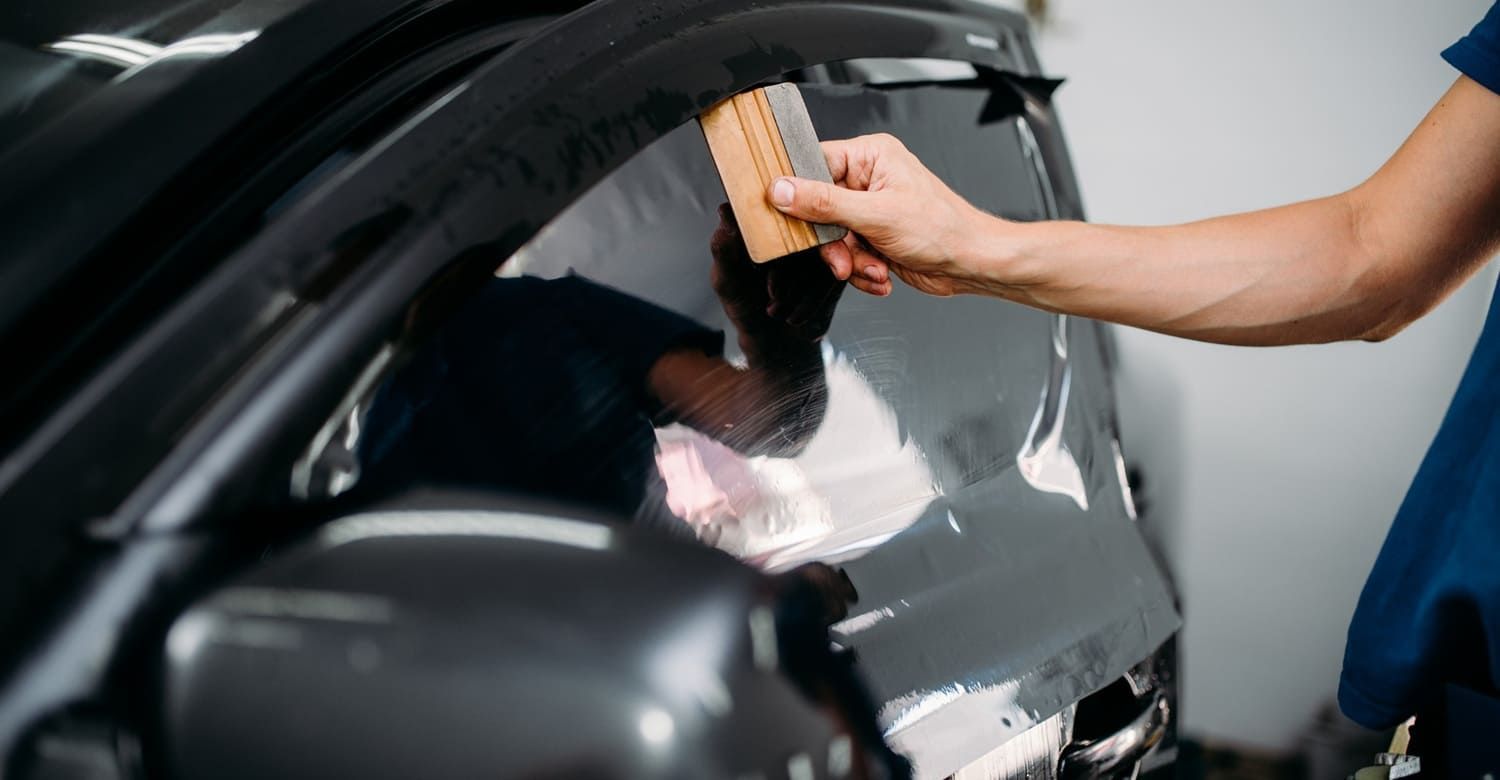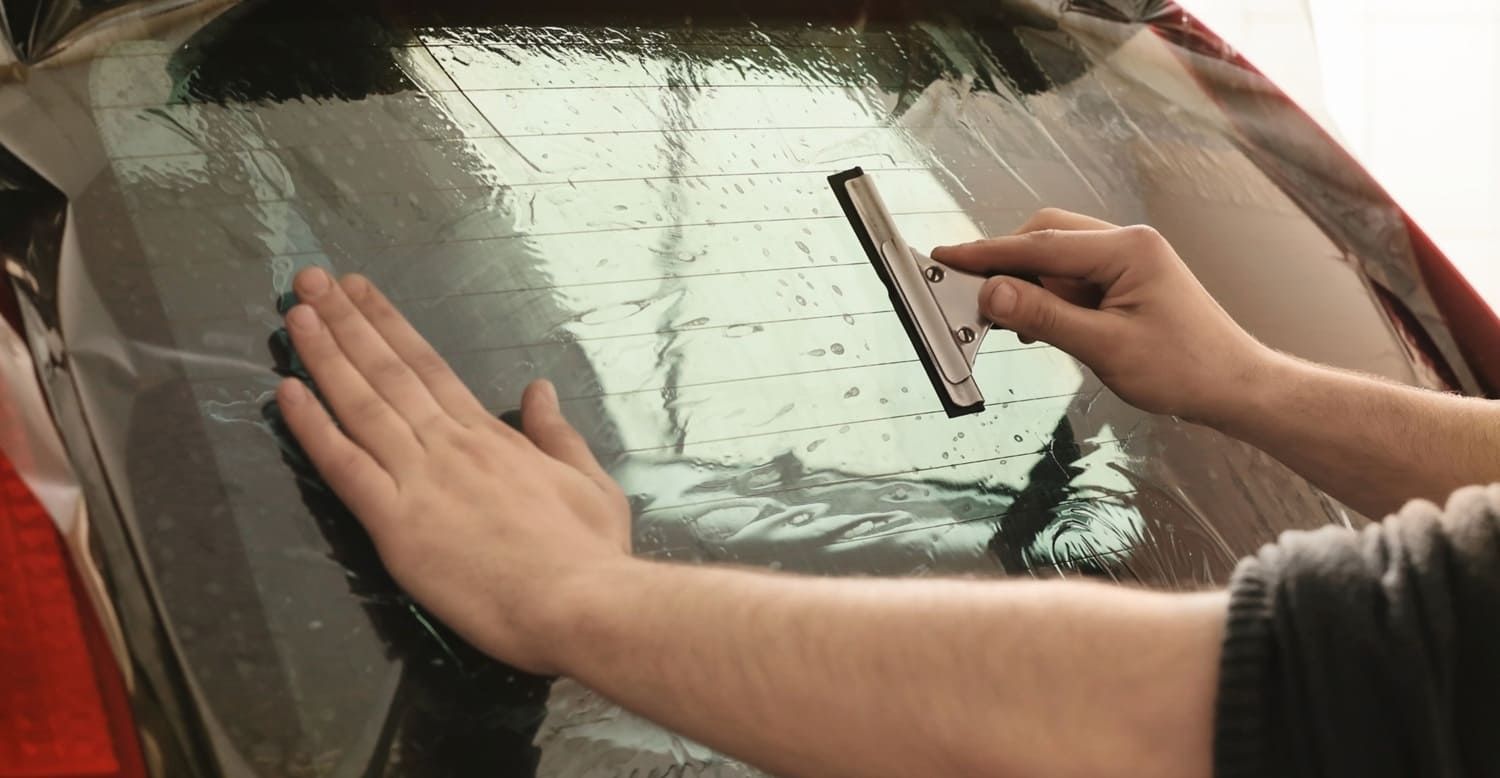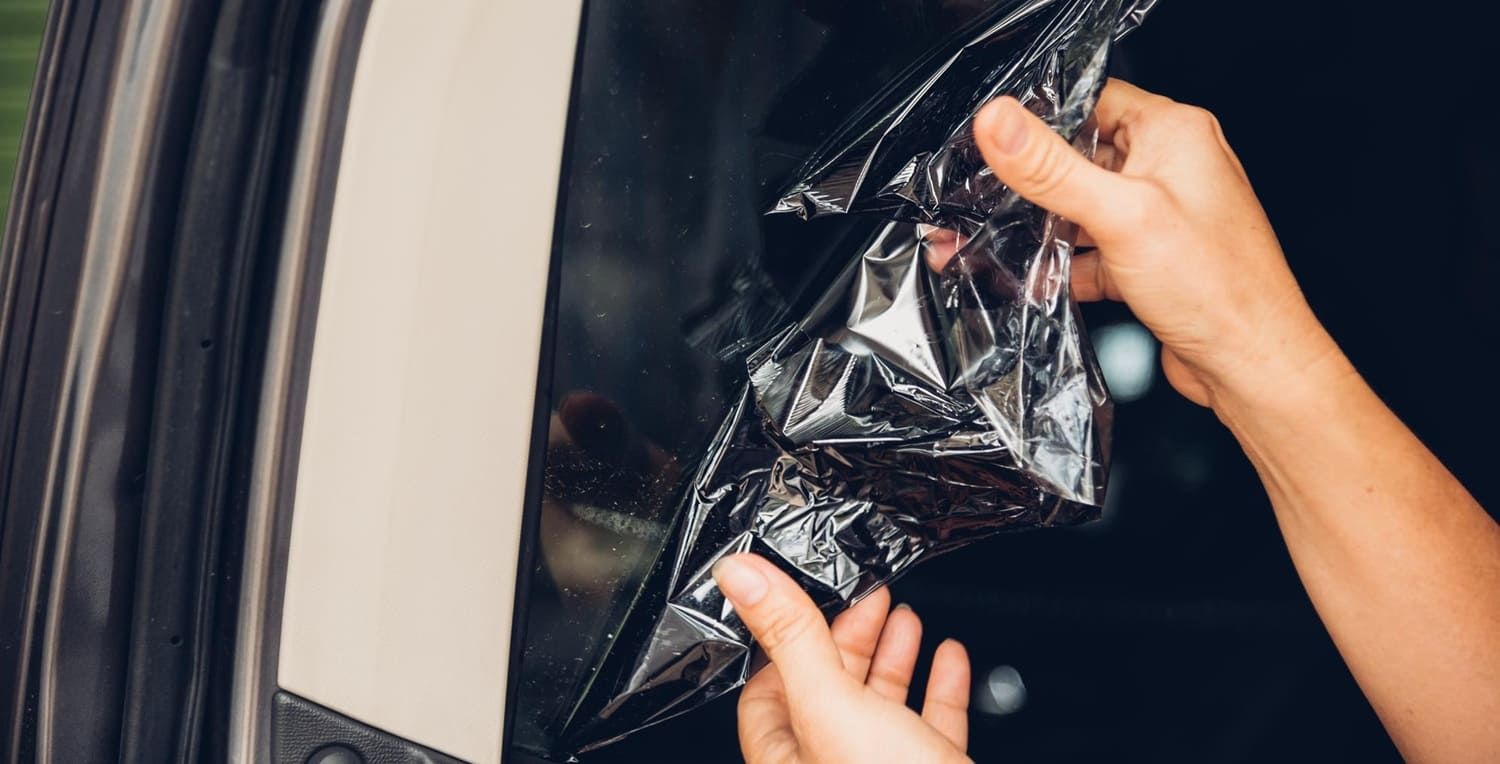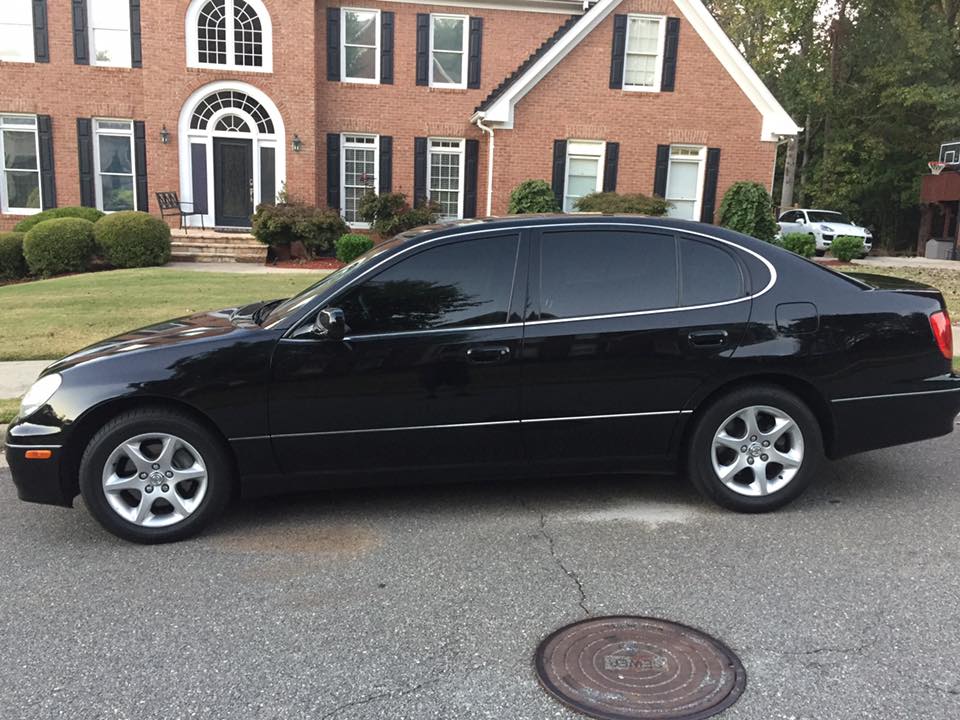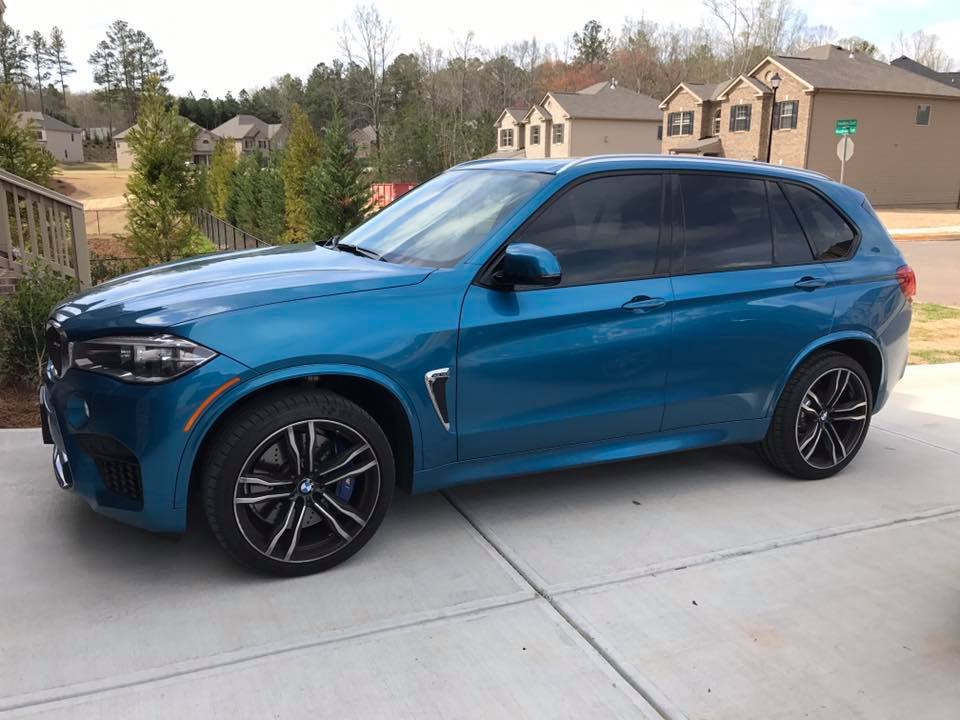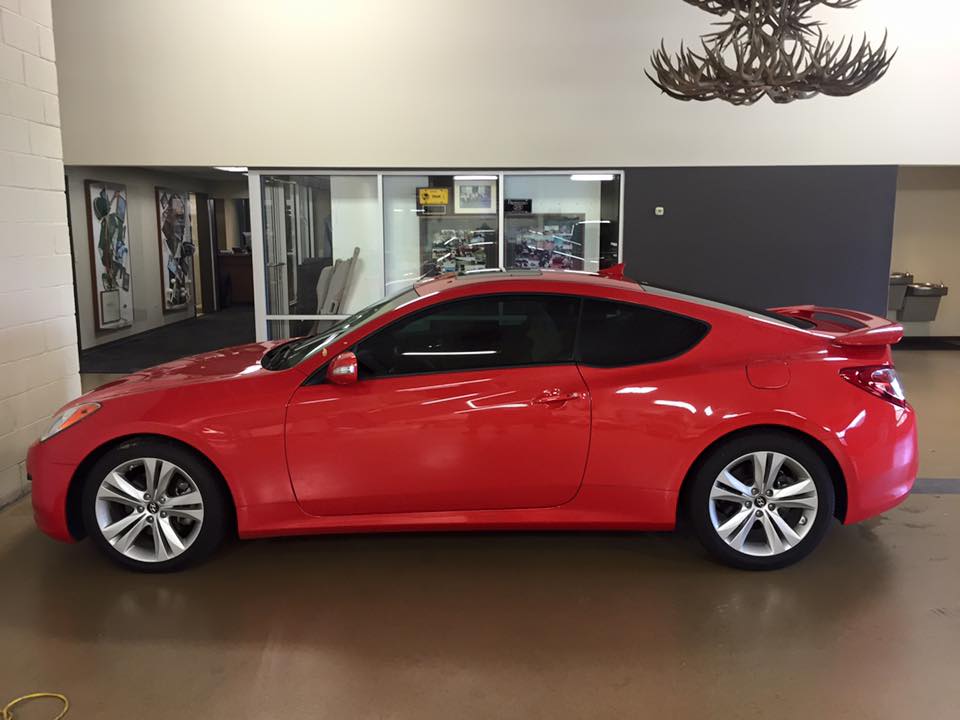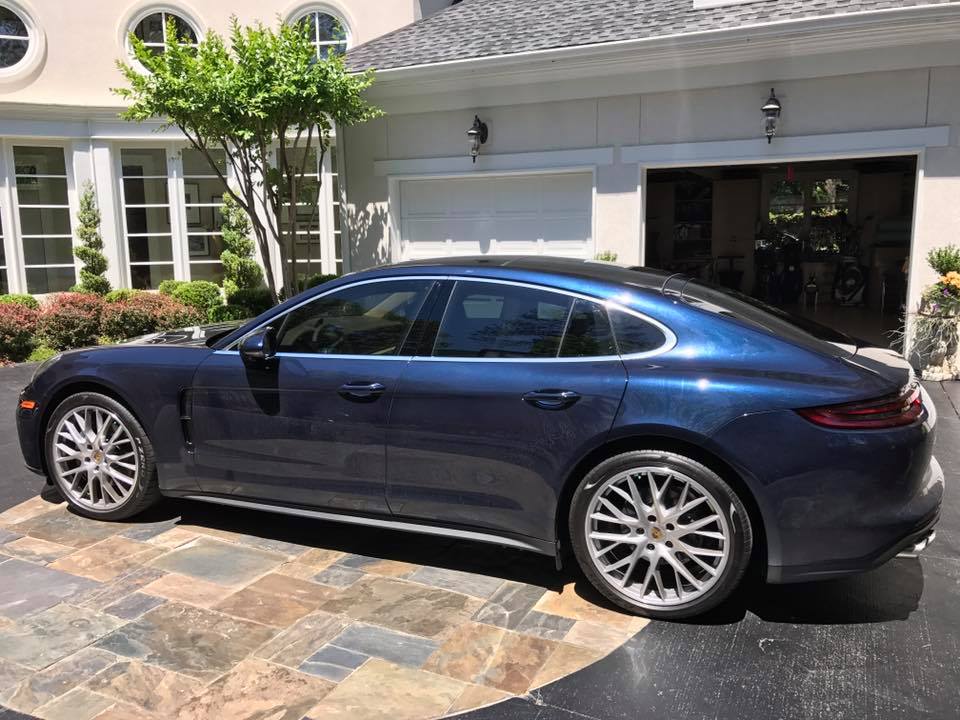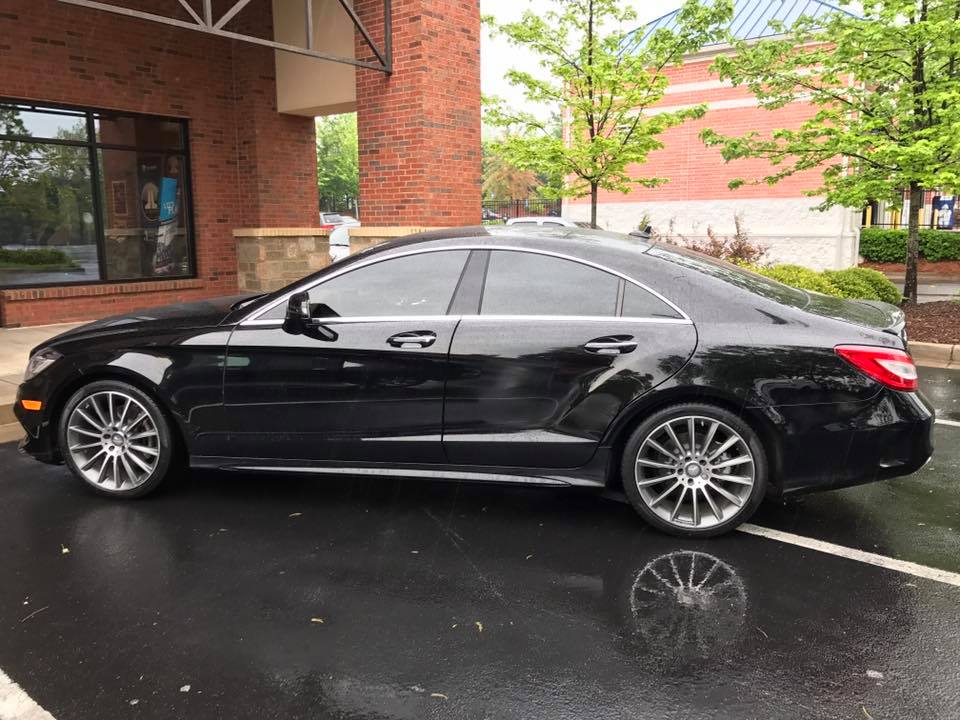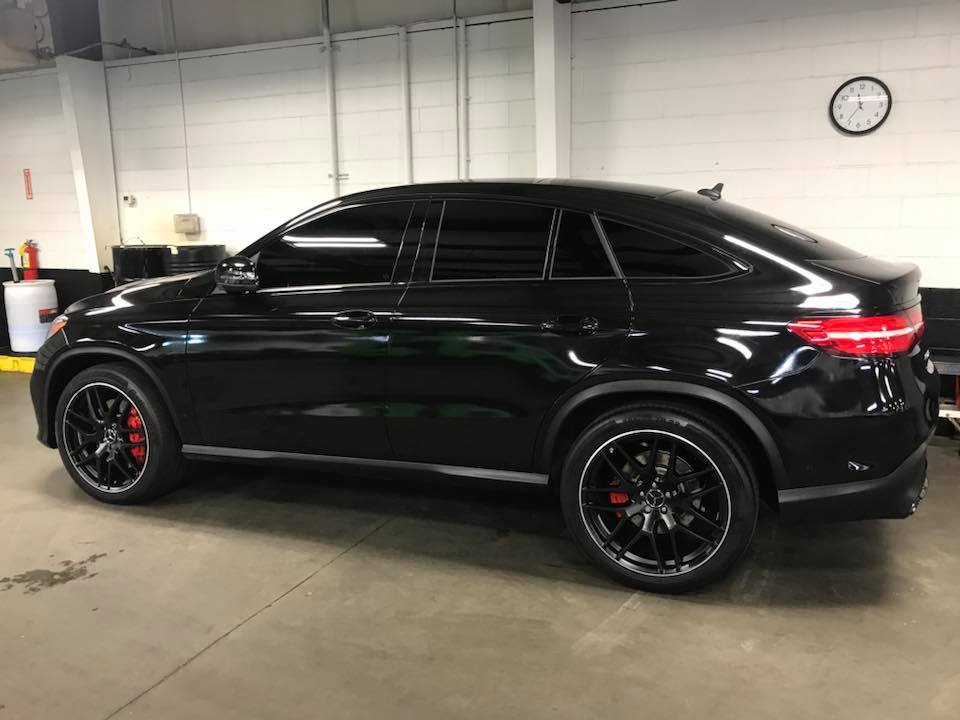Auto Window Tints Near Me: Top Questions to Ask in Advance
Auto window tints near me: Are you planning to tint your car windows? Do you want to know about the top questions to ask in advance? Read on to learn more.
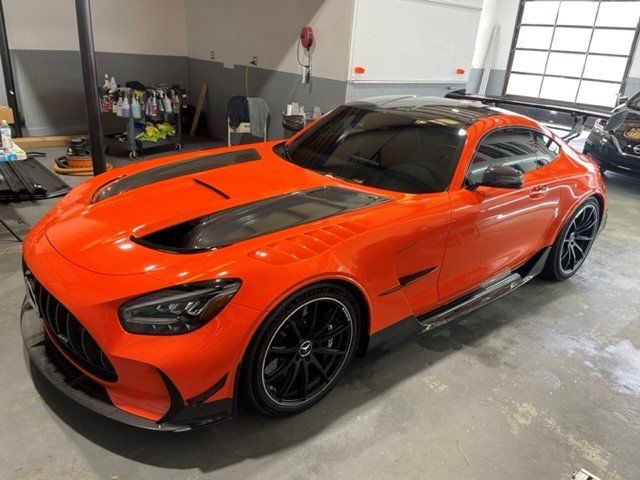
Did you know that the dye-based tints were the first auto windows tints to be invented? At the time, the tints weren't very effective at minimizing the sun's effect because they changed color once exposed to the sun. Over time, they would bubble and start to peel off.
Improvements in window tints were made over time, and today they look better. They also offer many benefits to car owners. You should know that window tinting isn't a service you can receive at any auto window tints near me.
You have to carefully think about the quality of service you want to receive. This will ensure that you receive the service you deserve. Here are a few important questions to ask when at an auto tinting dealership.
What's the Average Durability of the Auto Tint?
The time your car window tint will last will help you prepare financially for a replacement. You should know that many factors influence the durability of your tint. Some of the most common include exposure to the sun and how it is installed.
If you want to enjoy a high-quality auto tint for a long time, consider going for shatter and scratch-resistant options. This option is worth considering if you regularly travel with your pets or kids. Remember that the only way to enjoy the benefits of auto window tint is by seeking the assistance of an experienced professional.
What Are the Tinting Regulations in My Region?
Every state has regulations on the type of tint you should place on your car window. So, when tinting your vehicle, ensure that you know the type of film that's acceptable in your area. You should know that some tints can obstruct the view of drivers.
This can put their life and that of their passengers in danger. This is why different states have placed regulations on the tint type drivers should have on their vehicles. So, to avoid being arrested for illegal tinting, take time to learn about the tinting laws in your region.
Your local car tinting professional can also advise you on the best shade suited for your state.
Can Auto Window Tinting Take Place at Home or Work?
Many tinting companies advertise that they can perform tinting in your home or place of work. While this may seem like an efficient way to tint your windows, this is something you should avoid. This task should take place in an enclosed space for a car tinting technician to do a good job.
The space should also be large enough to ensure that the doors of your car can open conveniently. The disadvantage of tinting your car window outdoors is that wind can blow contaminants on your working surface. This means you'll have to re-tint if the debris sticks between the film and glass.
What's the Average Duration of the Tinting Job?
The duration takes for a technician to complete a tinting job depends on the number of windows you plan to tint. On average, you should expect this task to take between 40 minutes to a few hours. Sometimes, your tinting professional may request a day to ensure that the tint has enough time to dry.
If this is the case, make arrangements for alternative means of transportation before they can complete their task.
What Are the Key Benefits of Tinting the Car Windows?
If you're getting your car windows tinted for the first time, discuss with your auto tinting professional on the benefits of the different tint options available in the market. Among the key benefits is that it can filter out sunlight and this reduces sun glare. They also help to filter out heat and this prevents instances where your car heats up during the summer.
Tints also block the ultraviolet light from the sun which means that your home Is less likely to experience any fading. It also prevents burglars from breaking into your car and stealing your belongings.
Is It Okay to Roll up the Window Immediately?
This is a question that most people tinting their car windows tend to forget to ask the tint experts. Some people getting window tints sometimes feel excited that they quickly roll down their windows. Sometimes it could be a reflex to test whether the windows were installed correctly.
The problem with rolling down your windows before they cure is that they're prone to damage. This means that you have to re-do the work again, requiring more time and effort.
It's advisable not to roll down your windows for at least 48 to 72 hours. This is enough time for your tint to properly cure.
Do You Offer Warranty for Your Tint?
Before you get a car tint, it's crucial to ask about the warranty. Any tinting professional that offers a warranty has your best interest at heart. The benefit of having a warranty is that it saves you the costs you'll have to incur in case of a faulty installation.
You're also assured that the technician will fix any issues that arise from improper installation. It's also important to carefully read through the terms and conditions of the warranty. This will help you be informed on the things that are covered or not covered by the warranty.
What Is the Lifespan of Car Tints?
How long your car tint lasts will depend on the option you choose. In most cases, high-quality tints can last over ten years.
Regardless, there are many factors that determine how long your tint can last. This includes your vehicle's maintenance level and the climate of your area.
Questions to Ask When Seeking Auto Window Tints Near Me
There are many auto tinting professionals that claim to offer the best services in the market. Seeking auto window tints near me doesn't just offer protection against the harsh ultraviolet light but it improves your vehicle's aesthetic value.
Besides standing out, properly installed window tints can last for a long time. But, to ensure that you get the best results from your car window tinting, don't forget to ask the few questions mentioned in this car window tinting guide.
Planning to have your window tinted soon? Speak to us today and Metropolitan tinting will help you customize it to your needs.




